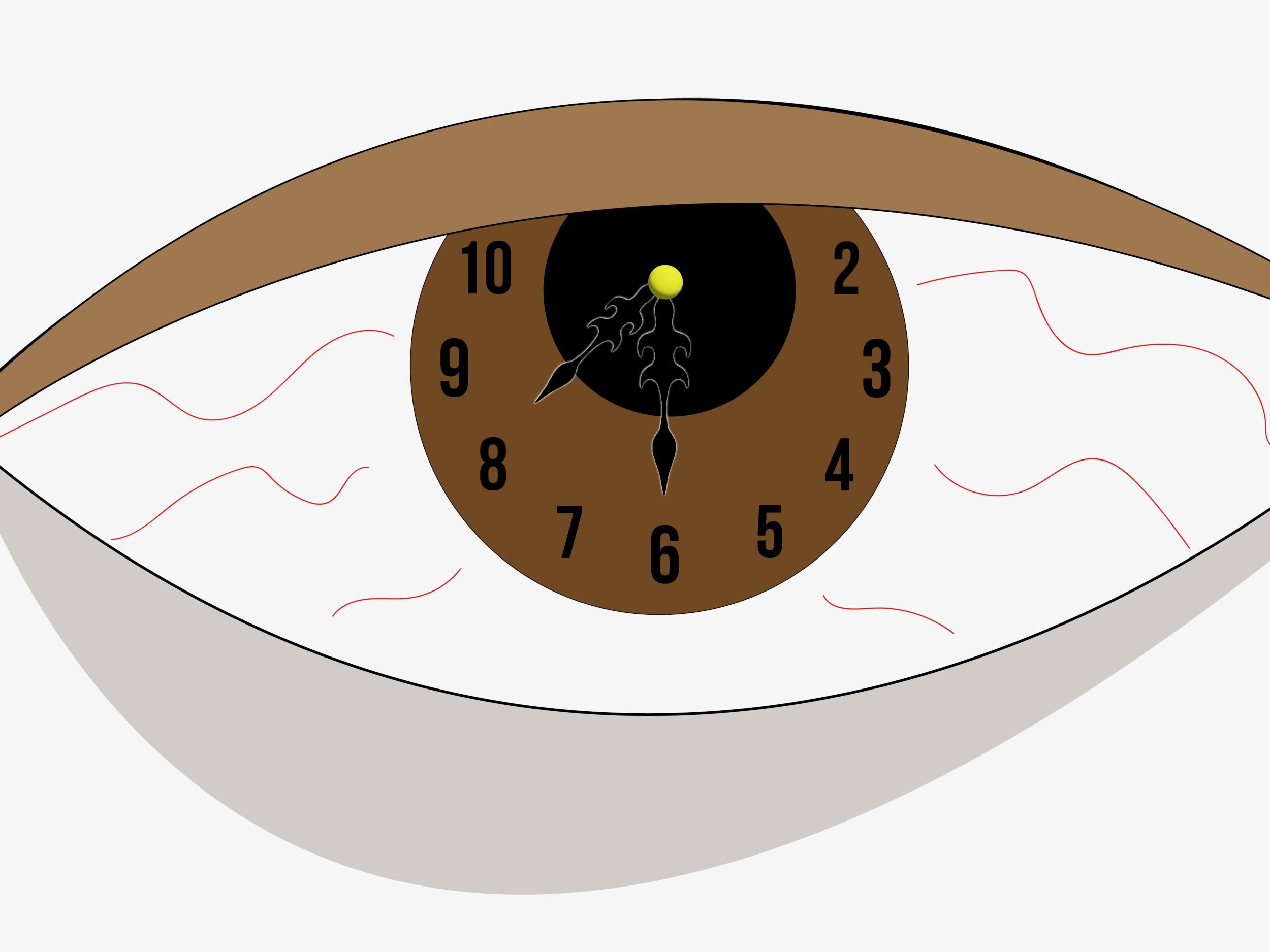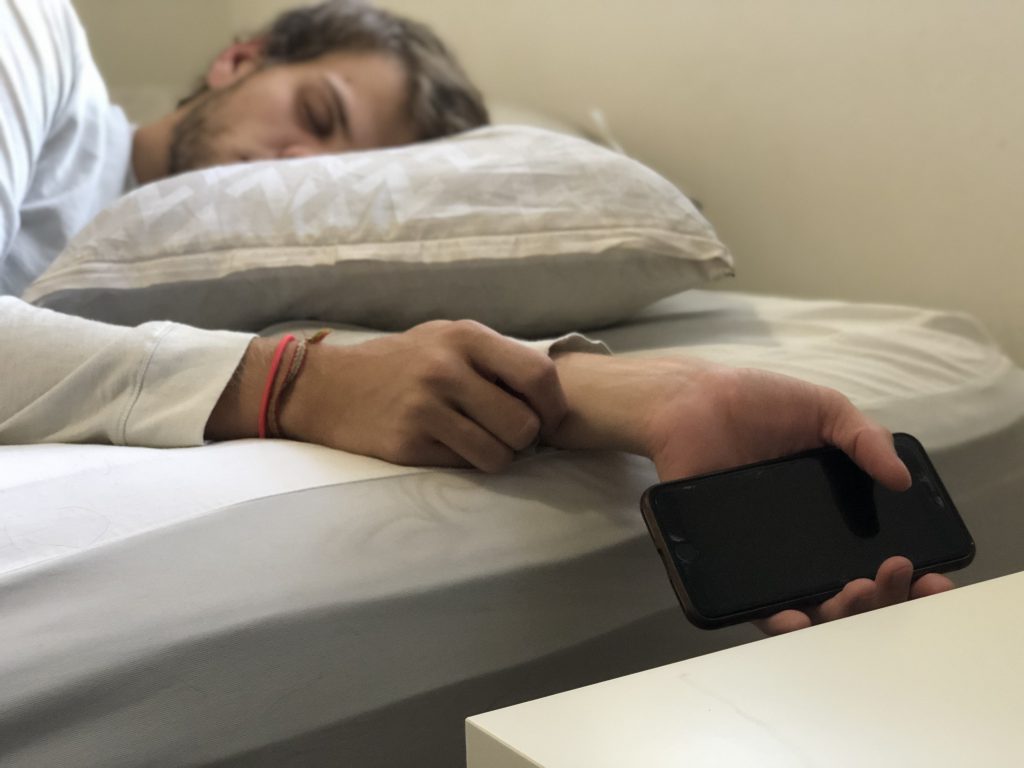You might have noticed we gained an extra hour of sleep on Sunday after it was brutally taken away from us back in March.
Luckily this will all come to an end; daylight savings time will no longer be active after March 12. The U.S. Senate approved the bill to end two annual clock changes for good.
The only good I see coming from daylight savings time was the fact of finally getting our well deserved hour back, other than that, all factors of daylight savings time are ridiculous and, honestly, outdated. The cons of the matter easily outweigh the pros.
Bad for your health
The first week after the daylight savings time hour change, people are at a higher risk for cardiovascular health issues. A 2014 study shows there is an association with daylight savings time and heart attacks. During the spring forward, the risk of a heart attack increased by 24% on the Monday following the change.
In the same study, it found no noticeable or significant increase in other weeks or weekdays following the daylight savings time change.
Makes you less productive
As a full-time college student also working full time, I don’t think I have ever been so affected by daylight savings time before. With all the stress of the workload I have everyday, I felt more behind on Monday, and the week had barely started.
Daylight savings time studies have shown that it significantly affects your sleep schedule and your body’s natural schedule. I have a consistent schedule every week, and I have set times that I eat and sleep everyday. I have felt “off” all week because my body couldn’t adapt quickly to the change, as I was eating and sleeping and doing other activities an hour later than normal.
The change opposes the natural circadian rhythms of the body, which means the person’s internal clock is off sync with the world’s clock. Meaning the body is not used to the light and dark at different times of the day.
Affects your appetite
The daylight savings time change can confuse someones internal appetite cues, which can cause one to overeat or not eat enough. In turn this can lead to bigger issues such as anorexia and bulimia. The change can affect the hormones in our bodies that control how we eat, ghrelin and leptin. These hormones are also contributing factors to a person’s sleep schedule.
College students already experience appetite issues, as they might not have the money to go eat something, or they simply don’t have time. On the other hand, some students may have food at home and resort to stress eating. With these already being problems we deal with everyday, it doesn’t help that daylight savings time can also affect appetite in negative ways.
A study shows, “If you are sleep deprived, the hormones can send mixed signals to the body, causing changes in appetite, like an increase in cravings and potential overeating.”
Affects your mood
With the schedule I go by everyday, which is basically 9 a.m to 5 p.m., like many other Americans, it can create risks in mental health. The less sunlight people see, the higher mental health issues rise. With the fall back, the sun rises earlier, and people sleep through the sunrise. Then people go to work for what seems like all day, and they come back home or go about doing other tasks, and within an hour the sun has already gone down by 6:30 p.m. It is already as dark outside as it would be at 9 p.m.
This can affect people’s moods, as they may feel like they have wasted their whole day and gotten nothing done.




